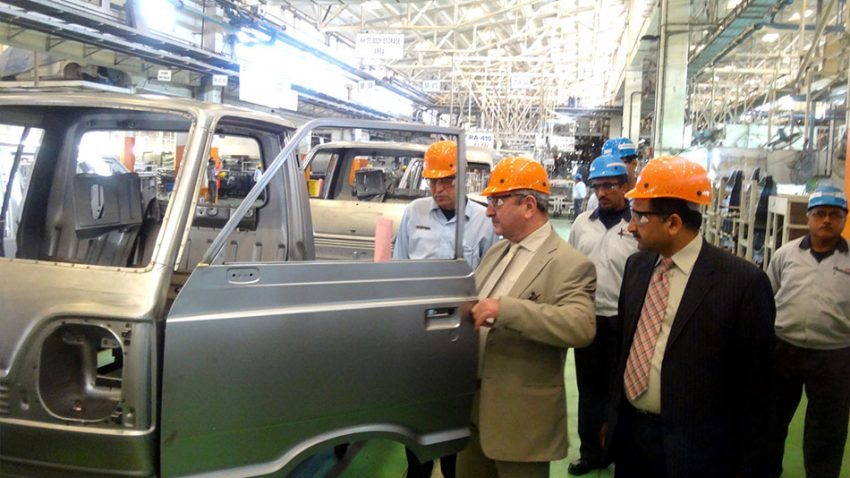The car industry’s quest to hit the benchmark of 500,000 units produced annually appears to be eroding in an upsetting turn of events as current conditions provide significant barriers. Even the lower goal of 400,000 annual unit sales envisioned under the Auto Industry Development and Export Policy (AIDEP) 2021–2026 is fraught with uncertainty.
With total industry sales falling by a startling 51% year over year during the first 11 months of fiscal year 2023, the car industry is experiencing a catastrophic crisis. The total number of units sold to date (including non-PAMA members) is around 153,000, which is a sharp decline from the 308,000 units sold over the same period last year. These depressing figures make the lofty goal of producing 500,000 units annually seem more and more unattainable.
Related: Vehicle Sales Fell by 80% in May 2023
As stated in the AKD study report titled “Pakistan Auto Sector Monthly” from June 2023, there have been concerns about attaining the 400,000 annual unit sales milestone by 2026. Furthermore, given the sector’s persistent difficulties, it is highly doubtful that the goals set forth in the current auto policy, AIDEP 2021-26, will be accomplished.

According to AKD auto analyst Usama Rauf, the car industry has been failing for legitimate reasons, with an 18.1% decrease in the year-to-date calendar, falling behind the KSE100 index by 18.7%. The outlook for demand has been negatively impacted by elements such as supply chain problems brought on by Letter of Credit (LC) restrictions, currency rate changes, and stark price increases.
Related: Anticipation of 1 Million Units & the Sudden Brake
The fall in sales figures for the first 11 months of the fiscal year 2023 is a striking example of the current difficulties the car industry is currently facing. With a decline of 56% year over year, the passenger car market had the most negative growth, followed by tractors with a decline of 46% year over year.

Adding to the industry’s problems is the government budget. The implementation of a 10% super tax is anticipated to present additional challenges for the profitability of the auto industry. However, the abolition of the fixed tax regime on Asian-made cars with engines larger than 1,300cc is expected to have a positive effect on local auto demand, albeit a little one. For HCV assemblers like Ghandhara, the customs duty decrease on several CKD parts for Heavy Commercial Vehicles (HCV) from 10% to 5% is seen as a favorable development.
Related: The Critical Auto Parts Makers Crisis in Pakistan
Mashood Ali Khan, an auto sector expert, claims that the closure of manufacturing facilities by major auto original equipment manufacturers (OEMs) like Honda Atlas, Pak Suzuki, and Indus Motors has caused the automotive industry to lose focus on its goals. The shortage of spare parts brought on by import restrictions is what led to the shutdown of these plants. Khan stressed the critical importance of addressing the nation’s economic difficulties and political upheaval in order to boost foreign exchange reserves and support the automobile industry’s comeback. Political stability and fostering confidence between the business community and the government are the current two key factors that come to mind in this respect, he said.
Full story: The Express Tribune

A computer animation professional with over 23 years of industry experience having served in leading organizations, TV channels & production facilities in Pakistan. An avid car enthusiast and petrolhead with an affection to deliver quality content to help shape opinions. Formerly written for PakWheels as well as major publications including Dawn. Founder of CarSpiritPK.com




